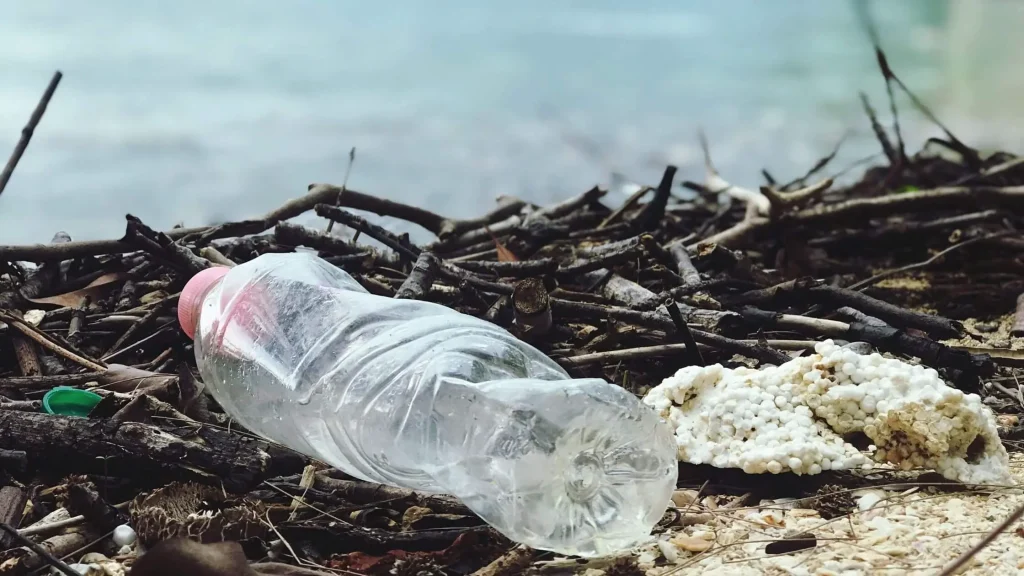“Waste disposal is a major challenge for the islands, especially during the tourist season,” warned Paula Bolfan, the movement’s coordinator who organised the first in a series of “island dialogues” last week.
Speaking in an online discussion on the circular economy on the islands, Bolfan cited the example of Silba island off the city of Zadar where plastic wage management is a challenge. “Retail shops that are not larger than the size prescribed by law do not have to accept empty plastic bottles, and Silba only has two such shops, leaving the island full of plastic bottles during the summer.”
Antonio Viskić from the Cres Lošinj utility company, which covers the two northern Adriatic islands, stressed the importance of building a regional waste management centre, saying “we don’t have a single active waste dump on Cres and Lošinj any longer, as all the waste goes to the Istrian regional centre.”
“We have set up separate containers for paper, glass and plastic waste, and have built stations for the transport of mixed municipal waste from the islands and recycling yards. Also, investment has begun in a waste sorting facility at Mali Lošinj,” Viskić said of the steps the two islands were taking to achieve the circular economy.
Katarina Gregov, director of the Tourism Board of the island of Zlarin, off Šibenik, spoke of the “For a Plastic-Free Zlarin” initiative. “In order to reduce our plastic footprint, we have developed an idea to replace all single-use plastic products with multi-use and alternative materials,” she said.
The initiative was launched four years ago and is supported by the entire island community, including cafe, restaurant and shop owners, who stopped using disposable plastic products. This volunteer project was praised by former president Kolinda Grabar-Kitarović at an annual UN General Assembly meeting.
Irena Hrković from the Environmental Protection and Energy Efficiency Fund commended the cooperation with Cres and Lošinj, announcing that this year local government units would be able to apply for tenders for vehicles using alternative fuels and for funding to increase their recycling capacity and clean up their landfills.
Hrković said that illegal landfills were a major problem, adding that nearly HRK 28 million (€3.7m) had been spent on landfill remediation.
Professor Davor Škrlec from the Zagreb Faculty of Electrical Engineering and Computing, who had dealt with the issue of the circular economy as a former member of the European Parliament, said that “the problem with waste disposal on the islands is seasonality.”
“It is necessary to build sorting facilities on the islands so that waste can be properly separated and then transported to a waste processing facility on the mainland,” Škrlec said.
For more, check out our lifestyle section.









